How do we keep our cells fit and efficient? What roles do immune cells play in the course of diseases? What maintains the balance of our lipid metabolism? How do we arm ourselves against resistant bacteria or pathogenic fungi? And how do we actually manage to make chemical processes in the pharmaceutical industry as green as possible? How do we keep our population active, fit, and healthy for longer?
What keeps us young?
In order for cells to stay fit longer, they need the cell-cleansing process autophagy. Researchers at the University of Graz are investigating triggers of autophagy, such as interval fasting or the natural substance spermidine. The findings may help to better understand those processes in the body that could protect us from cardiovascular diseases or Alzheimer's disease. But these studies are just two building blocks in a big puzzle - aging research.
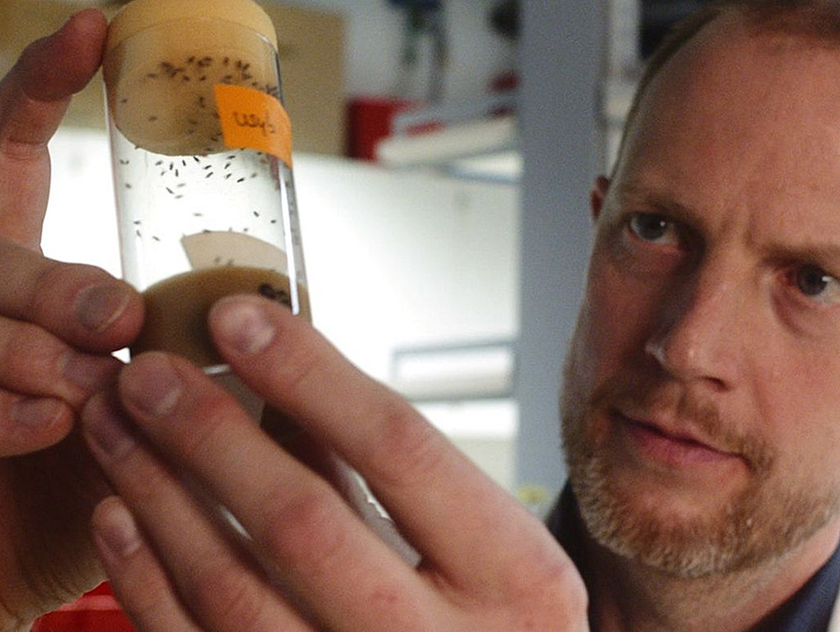
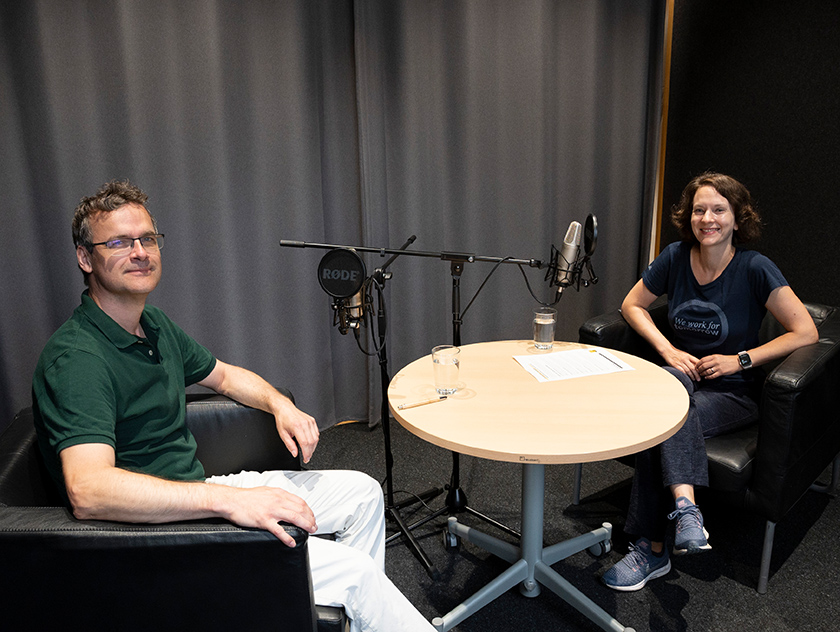
What is BioHealth?
Scientists from the disciplines of molecular biology, chemistry and pharmacy have joined forces in the Field of Excellence BioHealth to develop solutions for health-related issues of today and tomorrow. Wolfgang Kroutil, deputy speaker, explains in the science podcast "HörSaal: 15 Minuten Forschung" (15 Minutes of Research) why a network of researchers helps everyone, how the university benefits from it and what he is currently working on as a chemist.
What we are wondering about:
Karl Gruber investigates the structures of biological macromolecules and their dynamic interactions. One of his goals is to produce enzyme variants with customized properties. Learning much more about these, for example, can support the development of medications. To study these properties effectively, it’s necessary to identify similarities in the protein structures. The researchers use novel computer algorithms to do so, detecting binding pockets in the molecules. Understanding how these pockets really work helps researchers to better predict medication side effects.
Chemical reactions require a lot of raw materials and energy, and often result in by-products that are harmful for the environment. One way to reduce costs and minimise pollutants could be the use of natural enzymes. Wolfgang Kroutil and his team are investigating how chemical processes can be influenced, advanced and made sustainable through the use of biocatalysts. This is known as biocatalysis.
Whether spiritual self-discovery or calculated calorie reduction – fasting is now a global trend. But does regularly skipping meals make you healthier, younger and happier? The effect of fasting on an individual’s health is one of Frank Madeo’s specialties, one of the world’s most cited researchers on ageing. His research group found that the substance spermidine, which aside from being found in human sperm is also present in certain foods, triggers the cell repair process called autophagy. Spermidine protects the heart and brain and may be useful in future in treating diseases and disorders related to ageing.
Monika Oberer investigates how proteins work in cells at the molecular level. The goal is to gain a better understanding of how the metabolism of fats (lipids) works. The focus is to decipher the relationship between the structures and the biological functions of involved proteins. Disturbances in the lipid balance can lead to a broad spectrum of disorders - from obesity and cardiovascular disease to certain types of cancers. The research results form the basis for developing new therapeutic approaches.
The infection biologist Stefan Schild’s research focuses on the strategies the cholera bacterium has developed to adapt to environmental conditions. The Vibrio cholerae pathogen is the perfect example of bacteria that cause diarrhoeal diseases since it can exist in and around the human intestine and it can also be genetically manipulated. The goal is to facilitate the development of new vaccine candidates and thereby contribute to drug-based prevention initiatives in countries in which cholera remains a deadly disease.
Our health depends on a tight balance between how much energy we take in and how much we expend. A disbalance in lipid metabolism makes us either obese or morbidly thin. Known as cachexia, this latter condition is often a secondary symptom of cancer. Molecular biologist Martina Schweiger is studying what puts the lipid metabolism out of kilter, what this means for our health and how research is helping our metabolism back onto its feet.
Proteins are in constant exchange – either with one another or with other molecules within the cell. It is only through this interplay that they take effect. Ulrich Stelzl is researching this complex interaction with a special focus on those proteins in cells that send out signals in response to certain stimuli. One of his goals is to better understand the genetic differences between these interactions and their influence on diseases.
Rudolf Zechner and his team gained international recognition for their discovery of adipose triglyceride lipase (ATGL) as essential enzyme for the breakdown of fat. The Zechner laboratory also found that ATGL requires an activator protein called CGI-58. The team demonstrated a direct link between lipid catabolism and cancer-associated cachexia, a life-threatening wasting condition caused by the loss of fat and muscle mass. Additionally, they established a crucial role of ATGL for normal cardiac function. For his outstanding research achievements, Zechner received the Wittgenstein Award and the Louis-Jeantet Prize for Medicine
There are still no reliable treatments for certain types of aggressive cancers, such as malignant melanoma, also known as skin cancer. Together with her colleagues, Dagmar Zweytick of the Institute of Molecular Biosciences researches new drugs to treat aggressive forms of cancer with minimal side effects. Her research exploits one of the body’s own defence mechanisms that can trigger natural cellular death in cancerous cells. The substance, which has been patented, is undergoing further examination in collaboration with an Austrian-American consortium.
The BioHealth team:
Speaker
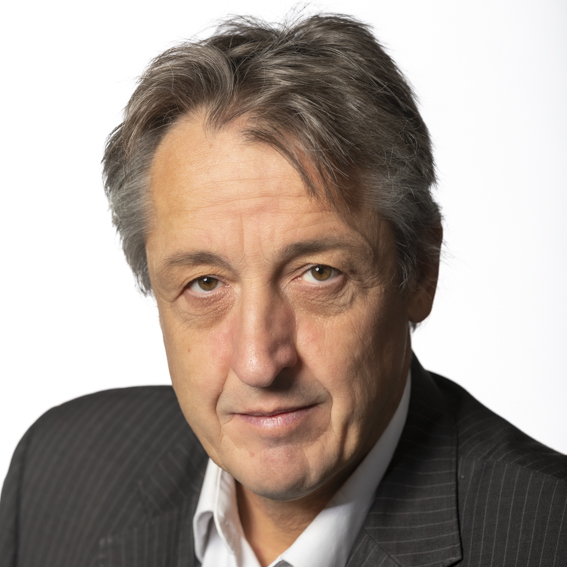
Univ.-Prof. Dr.rer.nat. Frank Madeo
+43 316 380 - 8878
Institut für Molekulare Biowissenschaften
Dienstag 13.00 Uhr bis 14.00 Uhr oder nach Absprache
ORCID: 0000-0002-5070-1329
Deputy Speaker
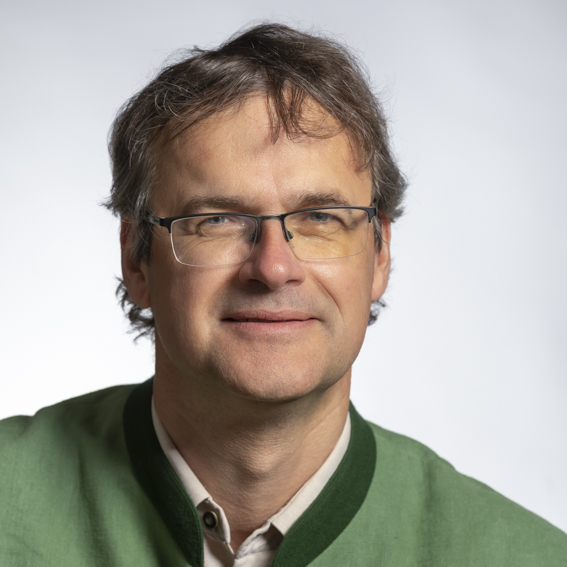
Univ.-Prof. Dipl.-Ing. Dr.techn. Wolfgang Kroutil
+43 316 380 - 5350
Institut für Chemie
nach Vereinbarung
ORCID: 0000-0002-2151-6394
https://biocatalysis.uni-graz.at
Full members
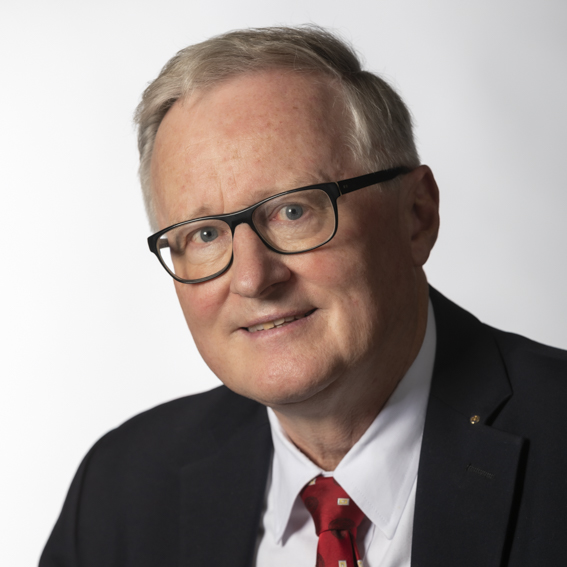
Em.Univ.-Prof. Univ.-Prof. Dr.rer.nat. Dr.h.c. Rudolf Bauer
+43 316 380 - 8700
Institut für Pharmazeutische Wissenschaften
ORCID: 0000-0002-0057-5547
https://pharmazie.uni-graz.at/de/institut/pharmakognosie/bauer-rudolf-univ.-prof.-dr.rer.nat./
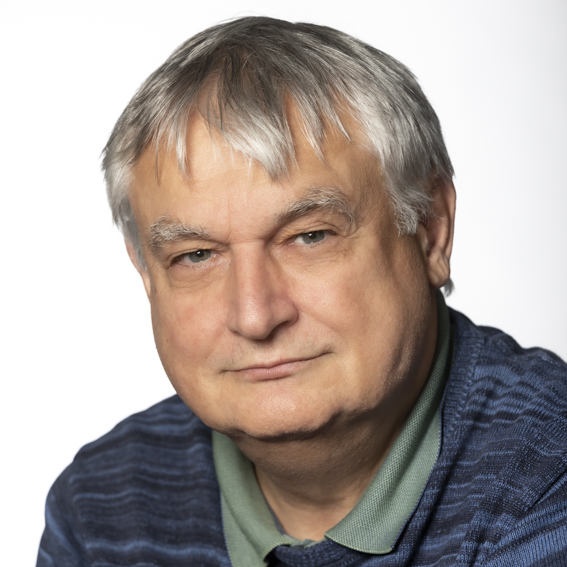
Ao.Univ.-Prof. Mag. Dr. Helmut Bergler
+43 316 380 - 5629
Institut für Molekulare Biowissenschaften
ORCID: 0000-0002-7724-309X
https://molekularbiologie.uni-graz.at/de/arbeitsgruppen-bergler-pertschy/
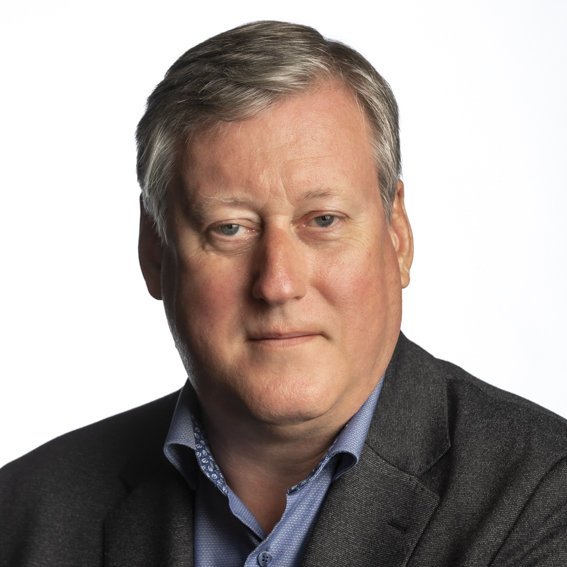
Univ.-Prof. Dr.rer.nat. Valery Bochkov
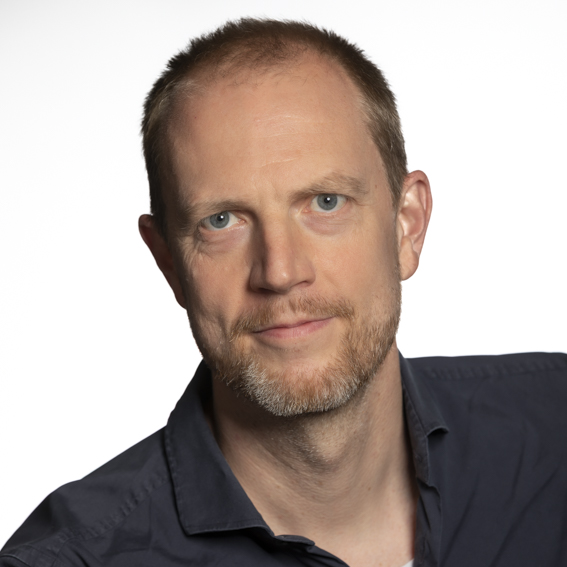
Assoz. Prof. Dipl.-Biochem. Dr.rer.nat. Tobias Eisenberg
+43 316 380 - 1499
Doktoratsschule Molekularbiologie und Biochemie
ORCID: 0000-0003-3559-1130
https://molekularbiologie.uni-graz.at/de/labor-tobias-eisenberg/
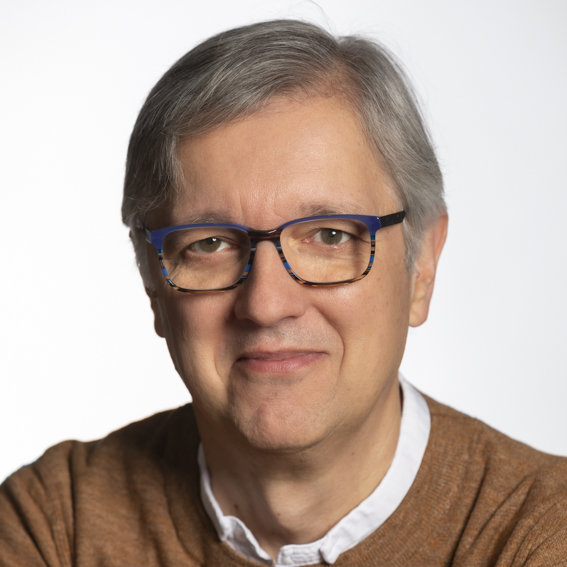
Univ.-Prof. Mag. Dr.rer.nat. Karl Gruber
+43 316 380 - 5417
Institut für Molekulare Biowissenschaften
ORCID: 0000-0002-3485-9740
https://molekularbiologie.uni-graz.at/en/strukturbiologie/

Assoz. Univ.-Prof. Mag. Dr.rer.nat. Guenter Haemmerle
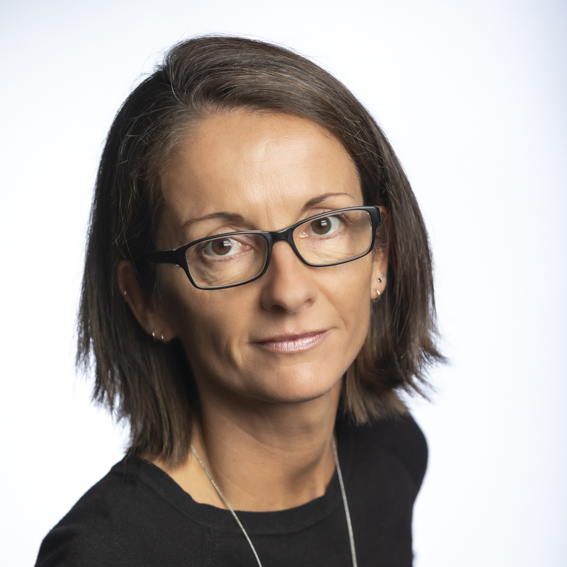
Assoz. Prof. Priv.-Doz. Dr.rer.nat. Melanie Hall
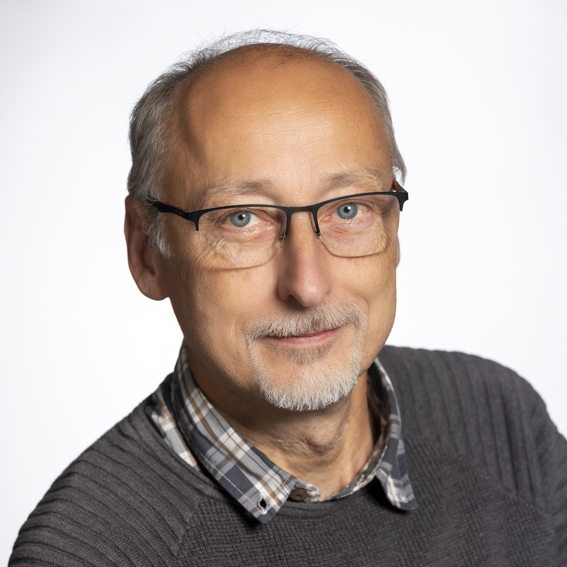
Ao.Univ.-Prof.i.R. Mag. Dr.rer.nat. Walter Keller
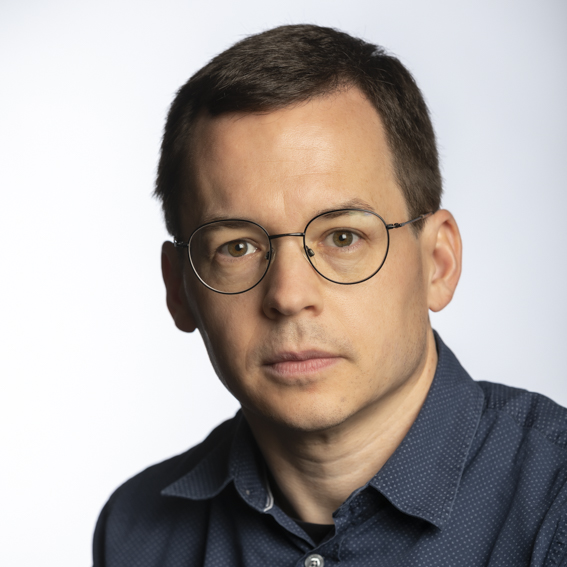
Univ.-Prof. Dr.rer.nat. Sandro Manuel Keller
+43 316 380 - 4987
Institut für Molekulare Biowissenschaften
ORCID: 0000-0001-5469-8772
https://biophysics.uni-graz.at/en/sandro-keller-lab/
Ass.-Prof. Dr. Georg Krainer
+43 316 380 - 4979
Institut für Molekulare Biowissenschaften
https://molecular-biophysics.uni-graz.at/en/krainer-lab/

Univ.-Prof. Dipl.-Ing. Dr.techn. Wolfgang Kroutil

Assoz. Prof. Dr.phil. Mag.rer.nat. BSc MSc Andreas Konrad
+43 316 380 - 8336
Institut für Bewegungswissenschaften, Sport und Gesundheit
nach Vereinbarung
ORCID: 0000-0002-5588-1824
https://bewegungswissenschaften.uni-graz.at/
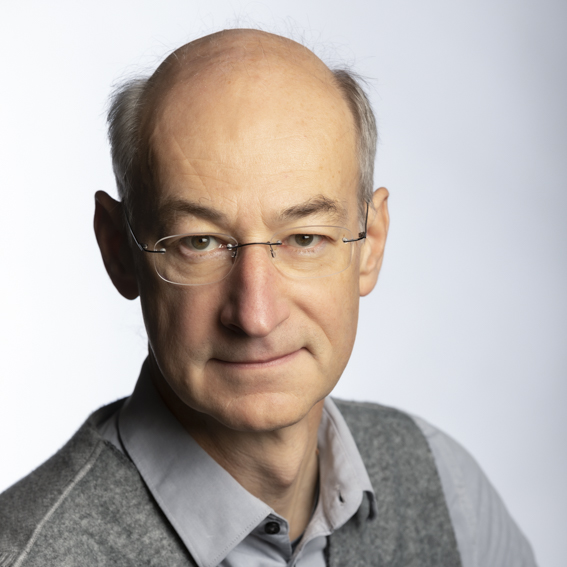
Univ.-Prof. Dr.rer.nat. Ronald Kühnlein
+43 316 380 - 5504
Institut für Molekulare Biowissenschaften
ORCID: 0000-0003-1448-4117
https://drosophila-lipid-energy.uni-graz.at/en/
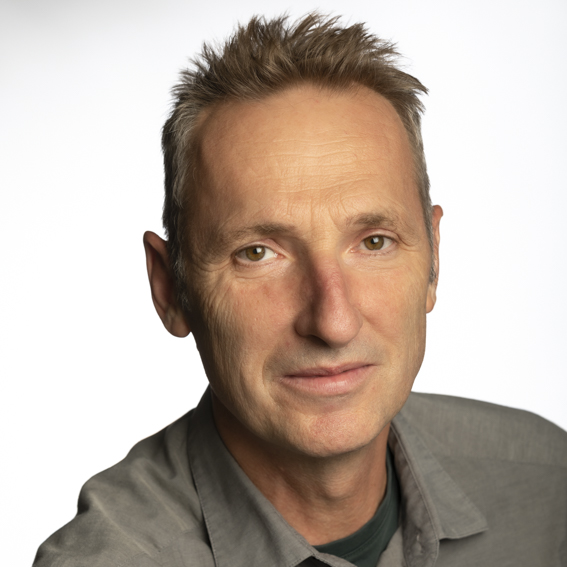
Assoz. Prof. Mag. Dr.rer.nat. Achim Lass

Univ.-Prof. Dr.rer.nat. Frank Madeo
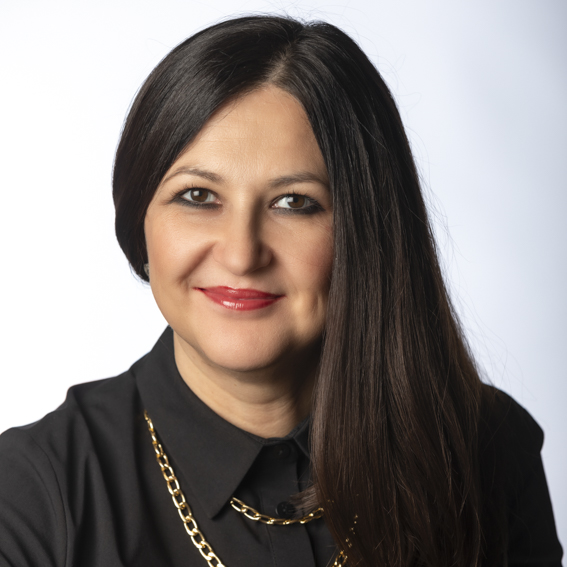
Priv.-Doz. Mag. Dr.rer.nat. Nermina Malanovic
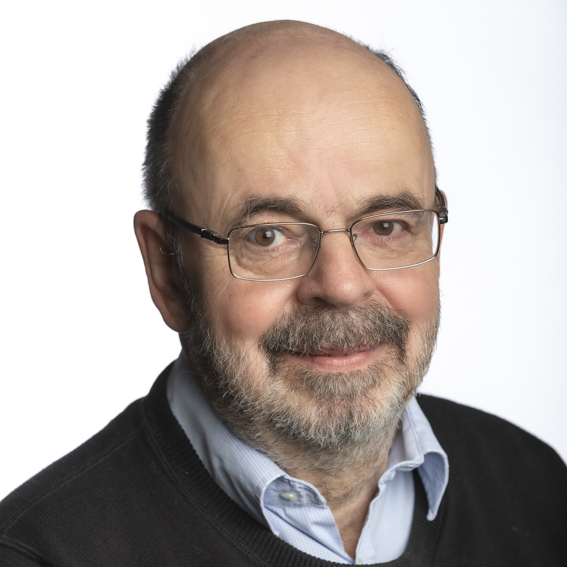
O.Univ.-Prof. Dr.phil. Bernhard-Michael Mayer
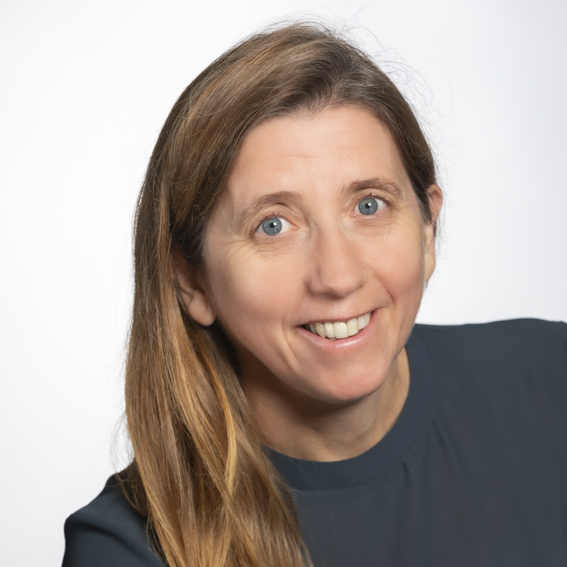
Assoz. Prof. Mag. Dr.rer.nat. Monika Oberer
+43 316 380 - 5431
Doktoratsschule Molekularbiologie und Biochemie
ORCID: 0000-0003-2525-9513
https://molekularbiologie.uni-graz.at/en/strukturbiologie/
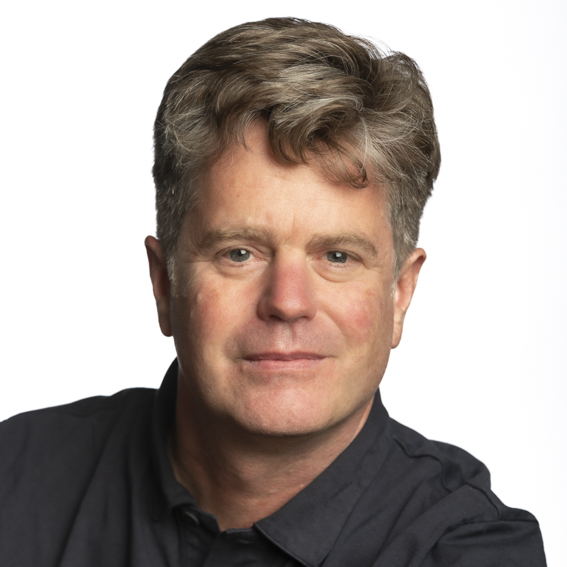
Assoz. Prof. Dipl.-Ing. Dr.techn. Georg Pabst
+43 316 380 - 4989
Doktoratsschule Molekularbiologie und Biochemie
ORCID: 0000-003-1967-1536
https://membrane-biophysics.uni-graz.at/en/
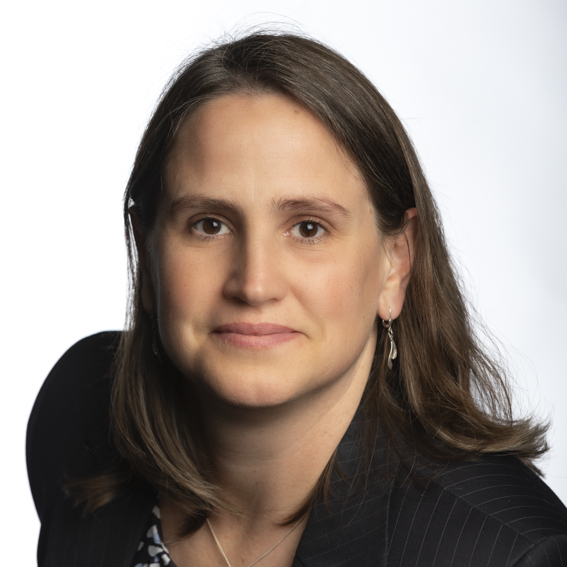
Assoz. Prof. Mag. Dr. MSc. Tea Pavkov-Keller
+43 316 380 - 5483
Institut für Molekulare Biowissenschaften
ORCID: 0000-0001-7871-6680
https://molekularbiologie.uni-graz.at/de/unsere-forschung/strukturbiologie

Assoz. Prof. Mag. Dr.rer.nat. Brigitte Pertschy
+43 316 380 - 1518
Institut für Molekulare Biowissenschaften
ORCID: 0000-0003-3558-0191
https://molekularbiologie.uni-graz.at/de/arbeitsgruppen-bergler-pertschy/
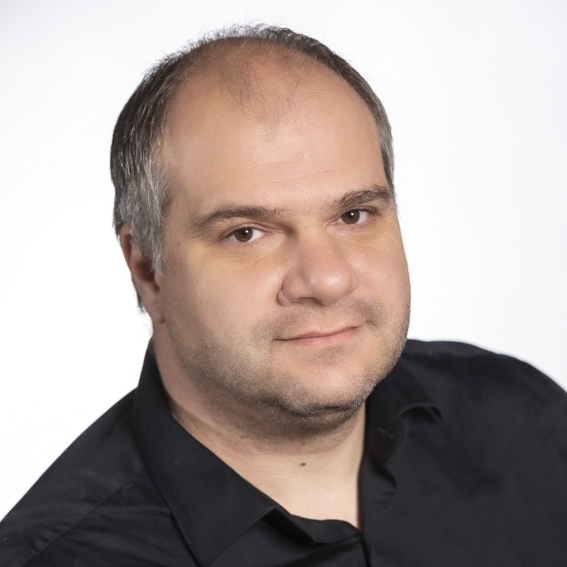
Univ.-Prof. Dipl.-Biol. Dr.rer.nat. Stefan Schild
+43 316 380 - 1970
Institut für Molekulare Biowissenschaften
ORCID: 0000-0001-7842-0177
https://molekularbiologie.uni-graz.at/de/arbeitsgruppen-reidl-und-schild/
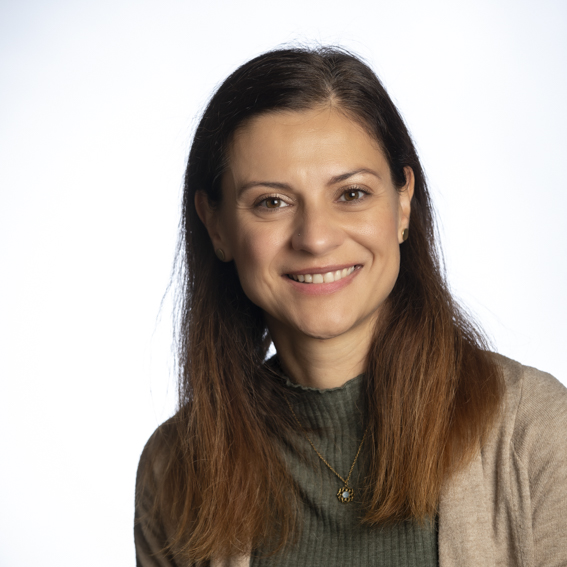
Univ.-Prof. Mag. Dr.rer.nat. Martina Schweiger
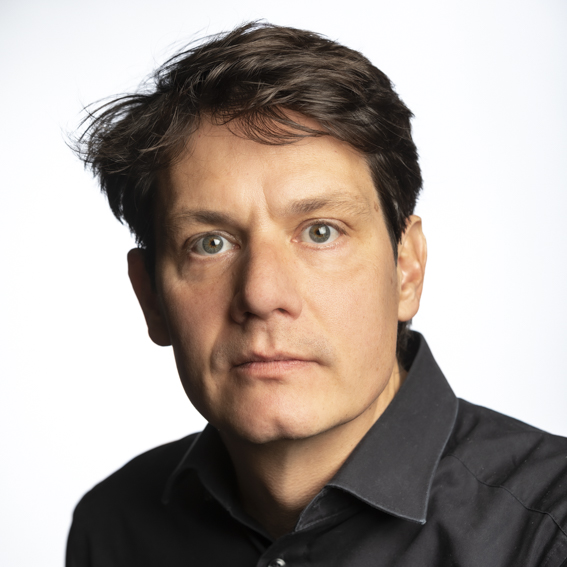
Univ.-Prof. Dipl.-Ing. Dr.rer.nat. Ulrich Stelzl
+43 316 380 - 5397
Institut für Pharmazeutische Wissenschaften
ORCID: 0000-0003-2500-3585
https://pharmazie.uni-graz.at/de/unsere-forschung/pharmazeutische-chemie/

Assoz. Prof. Mag. Dr. Gerhard Tschakert
+43 316 380 - 3907
Institut für Bewegungswissenschaften, Sport und Gesundheit
Mittwoch, 09.30 - 10.30, Büro Aigner-Rollett-Allee 39
ORCID: 0000-0003-4090-6395
https://bewegungswissenschaften.uni-graz.at/

Univ.-Prof. PhD Mireille van Poppel
+43 316 380 - 2335
Büro der Vizerektorin für Internationalisierung und Gleichstellung
ORCID: 0000-0001-5694-4324
https://bewegungswissenschaften.uni-graz.at

Ao.Univ.-Prof. Mag. Dr.rer.nat. Klaus Zangger
+43 316 380 - 8673
+43 650 4009779
Institut für Chemie
ORCID: 0000-0003-1682-1594
https://www.uni-graz.at/klaus.zangger
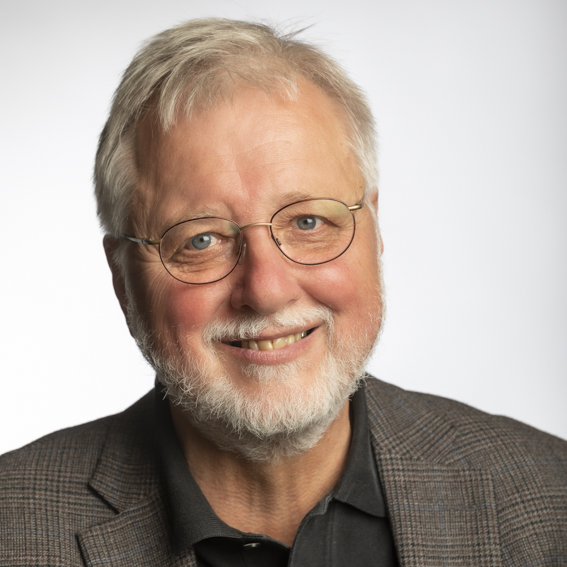
Univ.-Prof. Dr.phil. Rudolf Zechner
+43 316 380 - 1905
Institut für Molekulare Biowissenschaften
ORCID: 0000-0001-5483-1182
https://molekularbiologie.uni-graz.at

Ao.Univ.-Prof. Dr.rer.nat. Ellen Zechner
+43 316 380 - 5624
Institut für Molekulare Biowissenschaften
ORCID: 0000-0003-2035-1898
http://www.uni-graz.at/ellen.zechner/
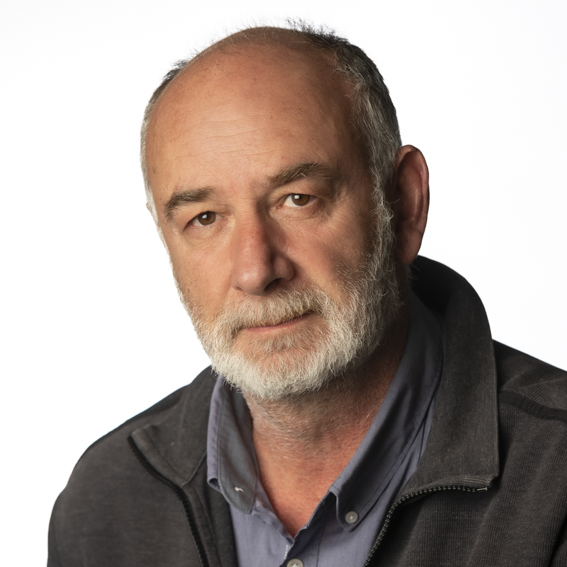
Assoz. Prof. Mag. Dr.rer.nat. Robert Zimmermann

Assoz. Prof. Dipl.-Ing. Dr.techn. Dagmar Zweytick
+43 316 380 - 4988
Doktoratsschule Molekularbiologie und Biochemie
ORCID: 0000-0002-4766-7713
https://cancer-biophysics.uni-graz.at/
Associate members
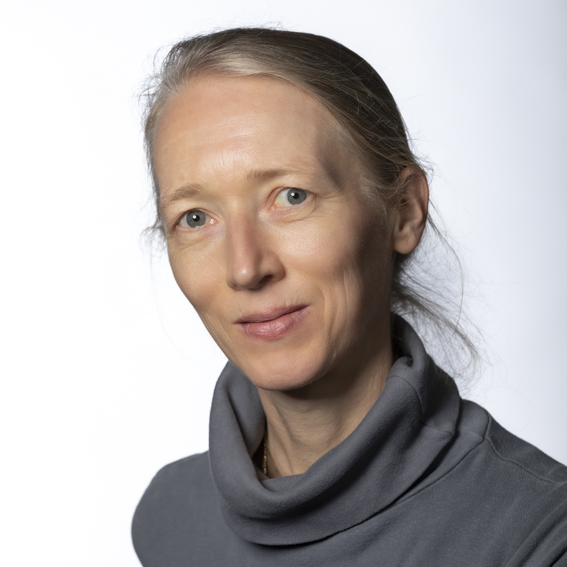
Priv.-Doz. Dipl.-Ing. Dr.techn. Karin Athenstaedt
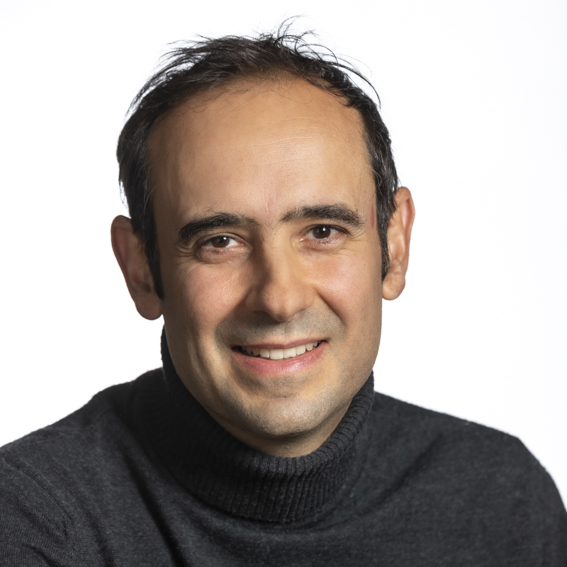
Assoz. Prof. Dr.rer.nat. Didac Carmona-Gutierrez
+43 316 380 - 1510
Doktoratsschule Molekularbiologie und Biochemie
ORCID: 0000-0001-7548-7771
www.uni-graz.at/madeo

Dipl.-Ing. Dr.techn. Clemens Diwoky
+43 316 380 - 1966
Institut für Molekulare Biowissenschaften
ORCID: 0000-0001-7265-1142
https://molekularbiologie.uni-graz.at/en/key-technologies/praeklinische-funktionelle-magnetresonanz/
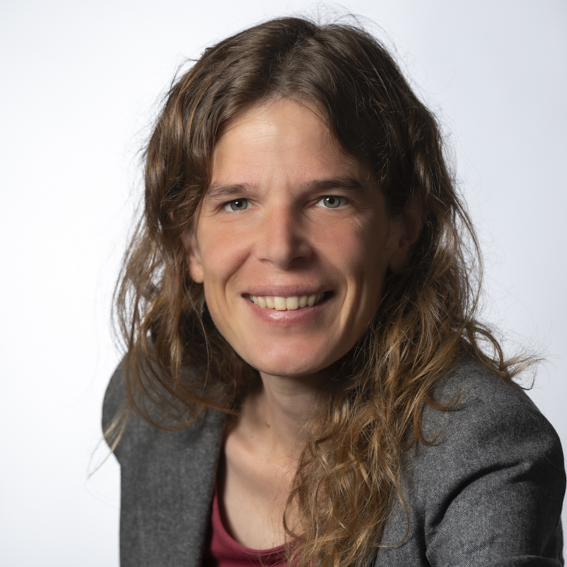
Univ.-Prof. Dr.rer.nat. Hanna Engelke
+43 316 380 - 5370
Institut für Pharmazeutische Wissenschaften
ORCID: 0000-0001-9529-9436
https://pharmazie.uni-graz.at/en/research/pharmaceutical-chemistry/pharmaceutical-cell-biology/
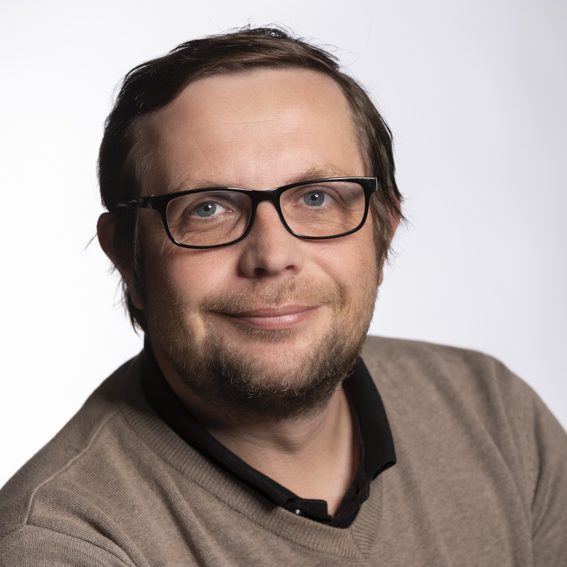
Mag. Dr.rer.nat. Christian Gruber
+43 316 380 - 5466
Institut für Molekulare Biowissenschaften
ORCID: 0000-0003-0214-449X
https://molekularbiologie.uni-graz.at/en/strukturbiologie/

Dipl.-Ing. Dr.techn. BSc Bettina Halwachs-Wenzl
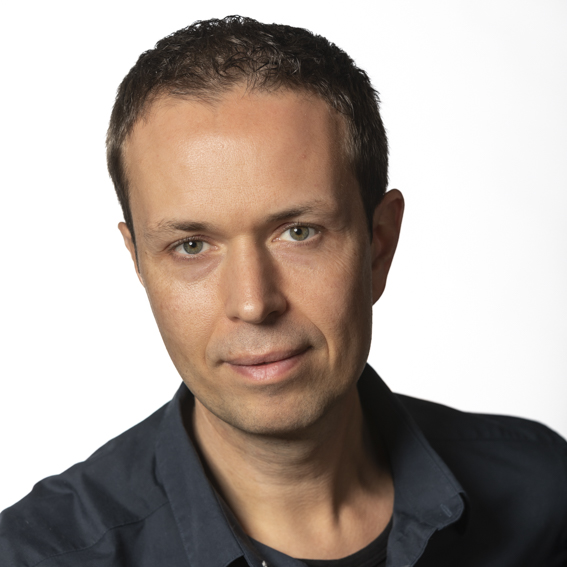
Ass.-Prof. Dipl.-Ing. Dr.techn. Jürgen Hartler
+43 316 380 - 5382
Institut für Pharmazeutische Wissenschaften
ORCID: 0000-0002-1095-6458
https://pharmazie.uni-graz.at/de/unsere-forschung/pharmazeutische-chemie/computational-pharmacology
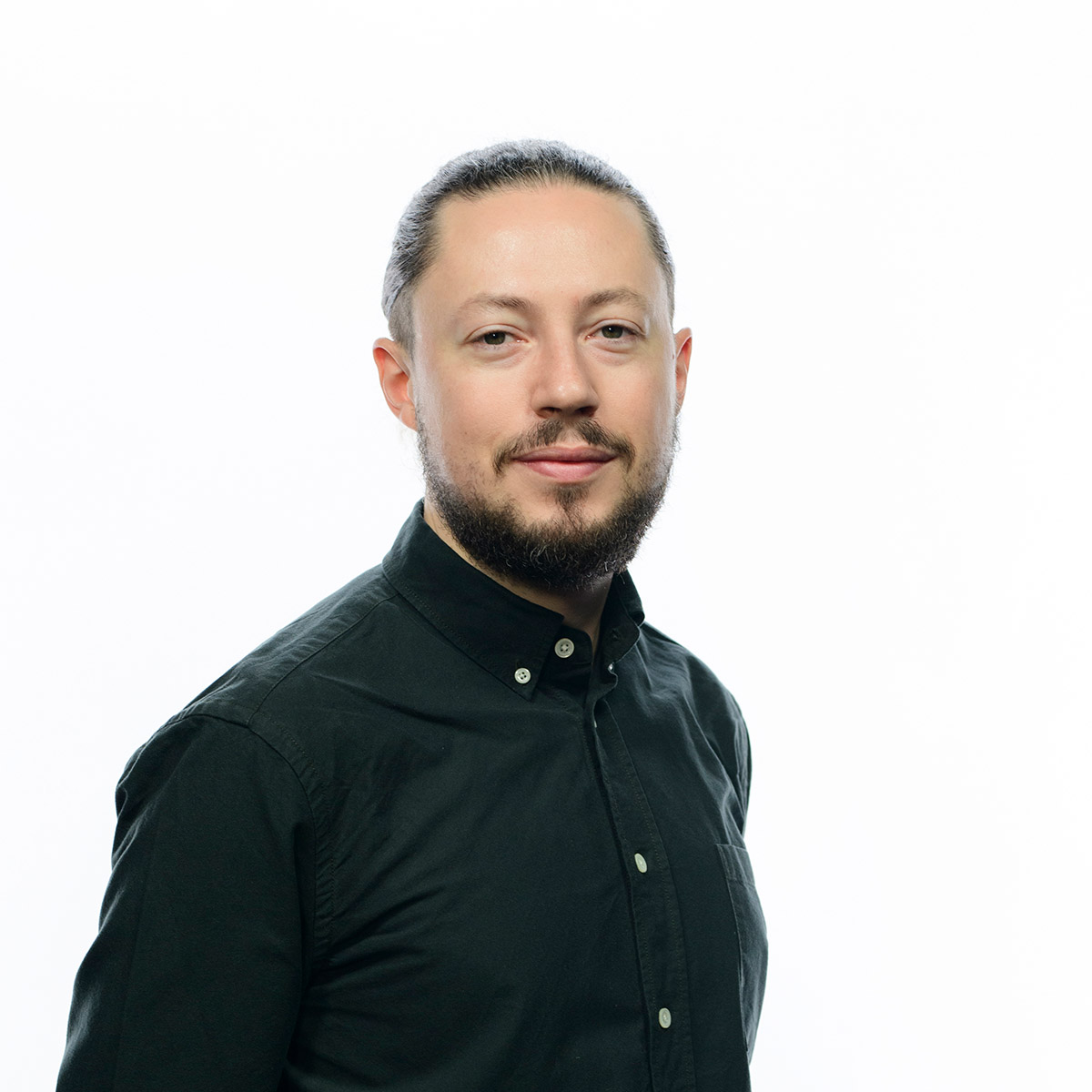
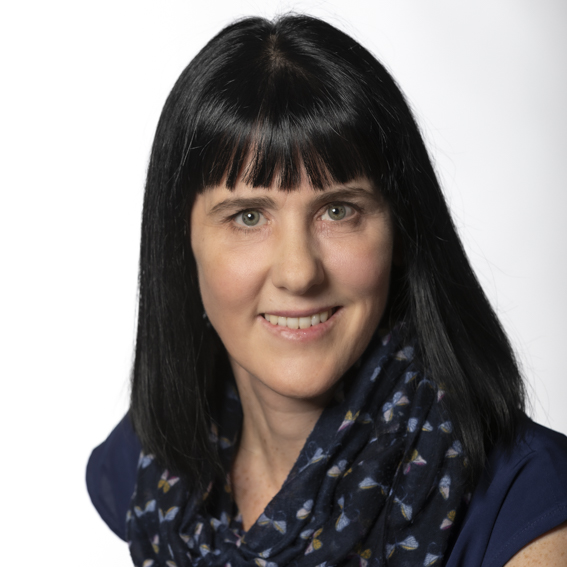
Mag. Dr.rer.nat. Sabine Kienesberger-Feist
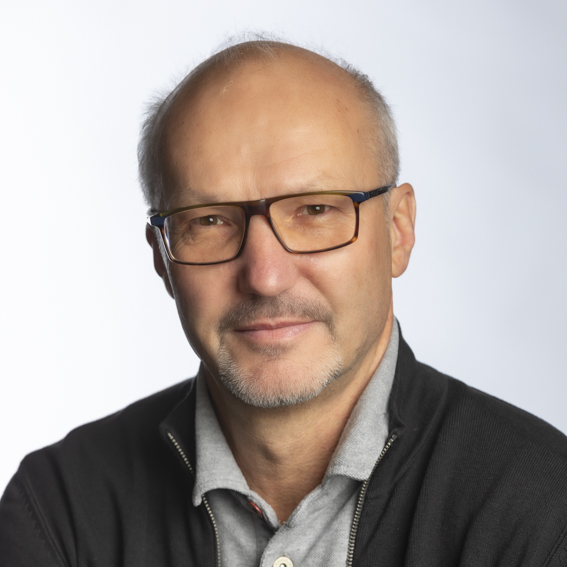
Ao.Univ.-Prof. Dr.phil. Guenther Koraimann
+43 316 380 - 5626
Institut für Molekulare Biowissenschaften
ORCID: 0000-0002-8937-3027
http://homepage.uni-graz.at/de/guenther.koraimann/
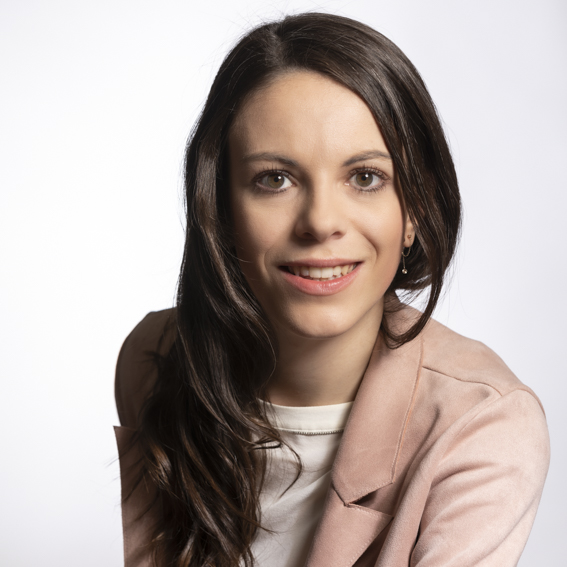
Ass.-Prof. Mag.pharm. Dr.rer.nat. Marion Mußbacher

PhD Isabel Oroz-Guinea
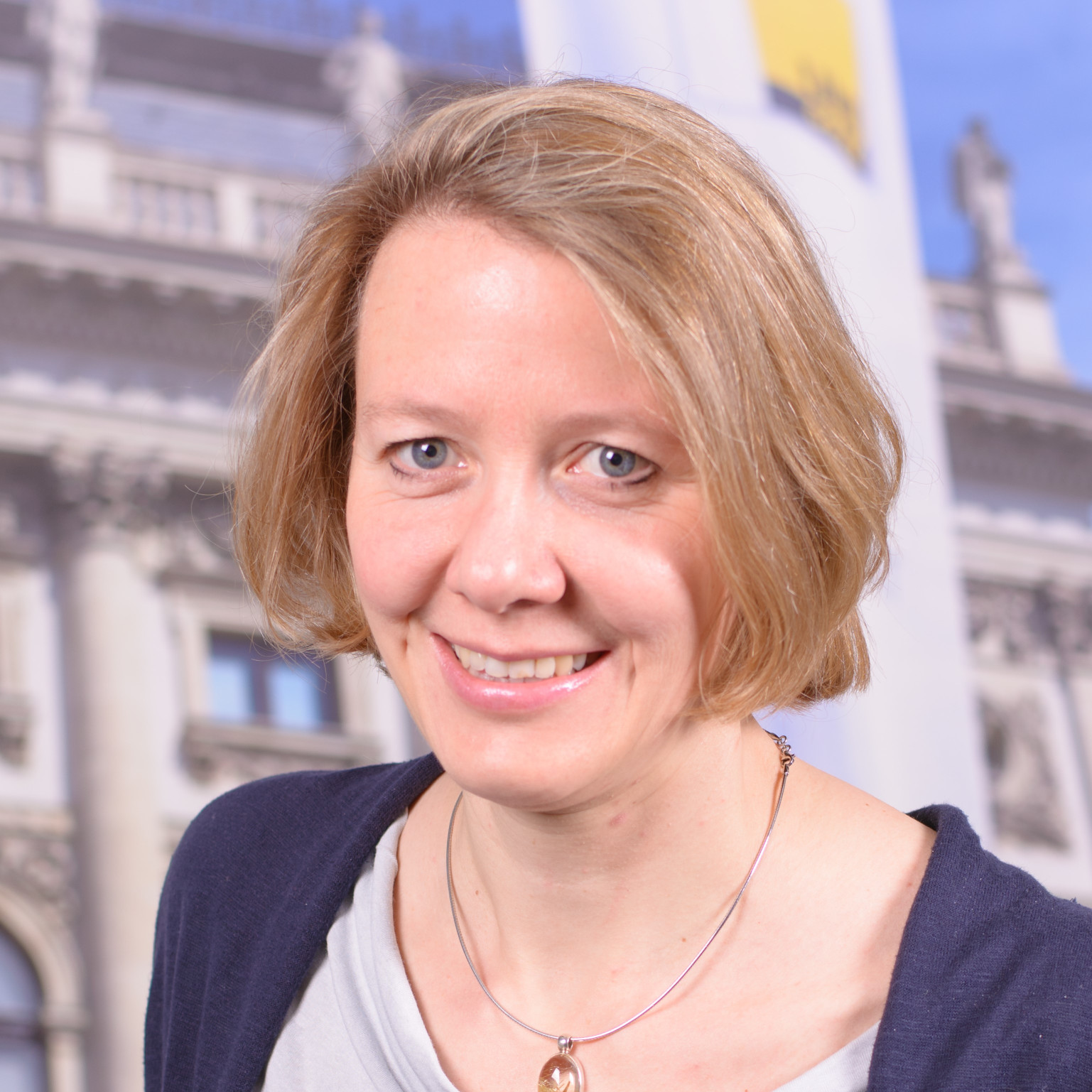
Priv.-Doz. Mag.pharm. Dr.rer.nat. Eva-Maria Pferschy-Wenzig
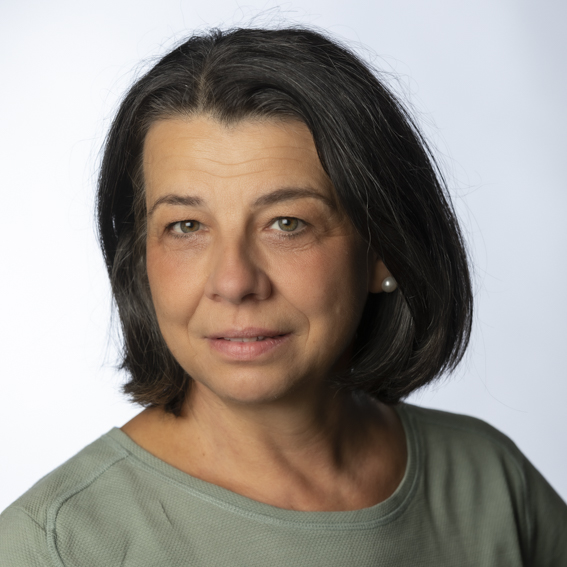
Ass.-Prof. Mag. Dr.rer.nat. Karina Preiß-Landl

Priv.-Doz. Mag. Dr.rer.nat. Franz Radner
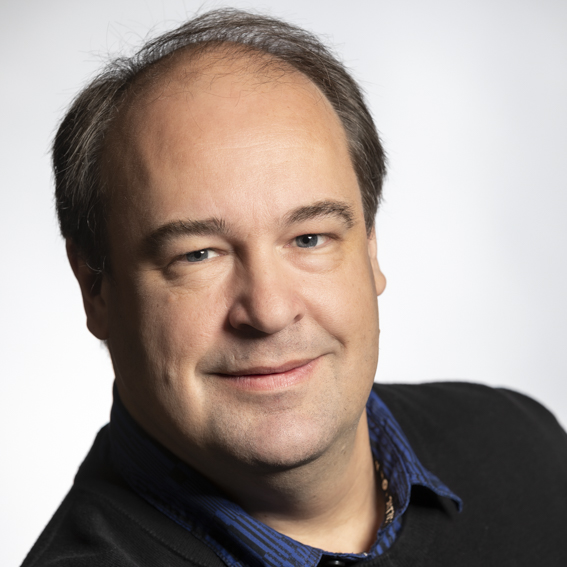
Mag. Dr.rer.nat. Gerald Rechberger
+43 316 380 - 1933
Institut für Molekulare Biowissenschaften
ORCID: 0000-0002-0071-317X
https://molekularbiologie.uni-graz.at/de/massenspektrometrie/
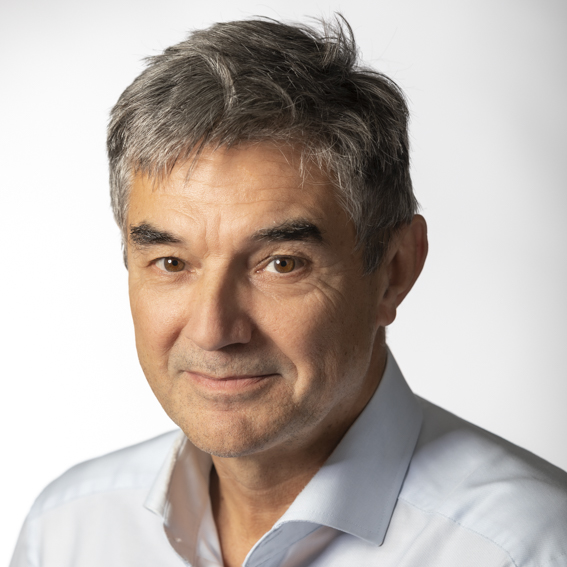
Univ.-Prof. Mag. Dr.rer.nat. Joachim Reidl
+43 316 380 - 1978
VR für Forschung
ORCID: 0000-0001-5798-9524
http://molekularbiologie.uni-graz.at/de/forschen/forschungsbereiche/infektionsbiologie/
Mag.rer.nat. Dr.rer.nat. Bakk.rer.nat. Lina Riegler-Berket
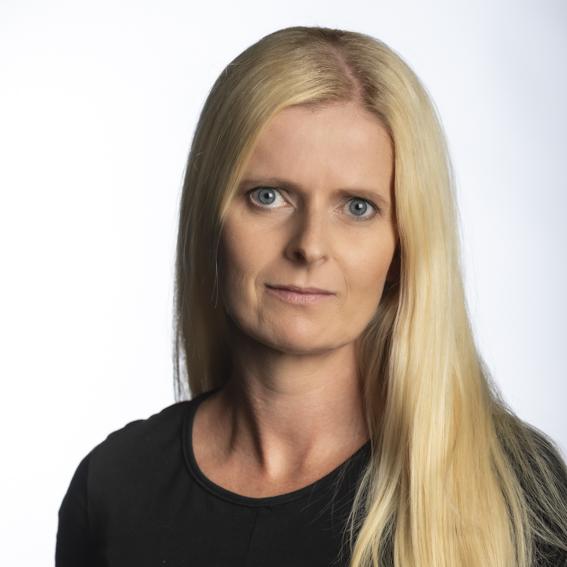
Dipl.-Ing. Dr.rer.nat. Sabrina Riedl
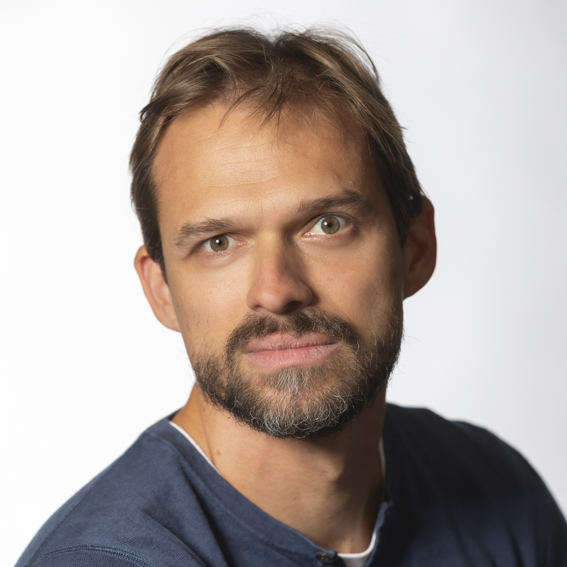
Assoz. Prof. Mag. Dr.rer.nat. Rudolf Christoph Ruckenstuhl
+43 316 380 - 1512
Doktoratsschule Molekularbiologie und Biochemie
nach Vereinbarung
ORCID: 0000-0002-4338-4679
https://molekularbiologie.uni-graz.at/de/alterung-zelltod-labor-frank-madeo/
Dr. Enrico Semeraro
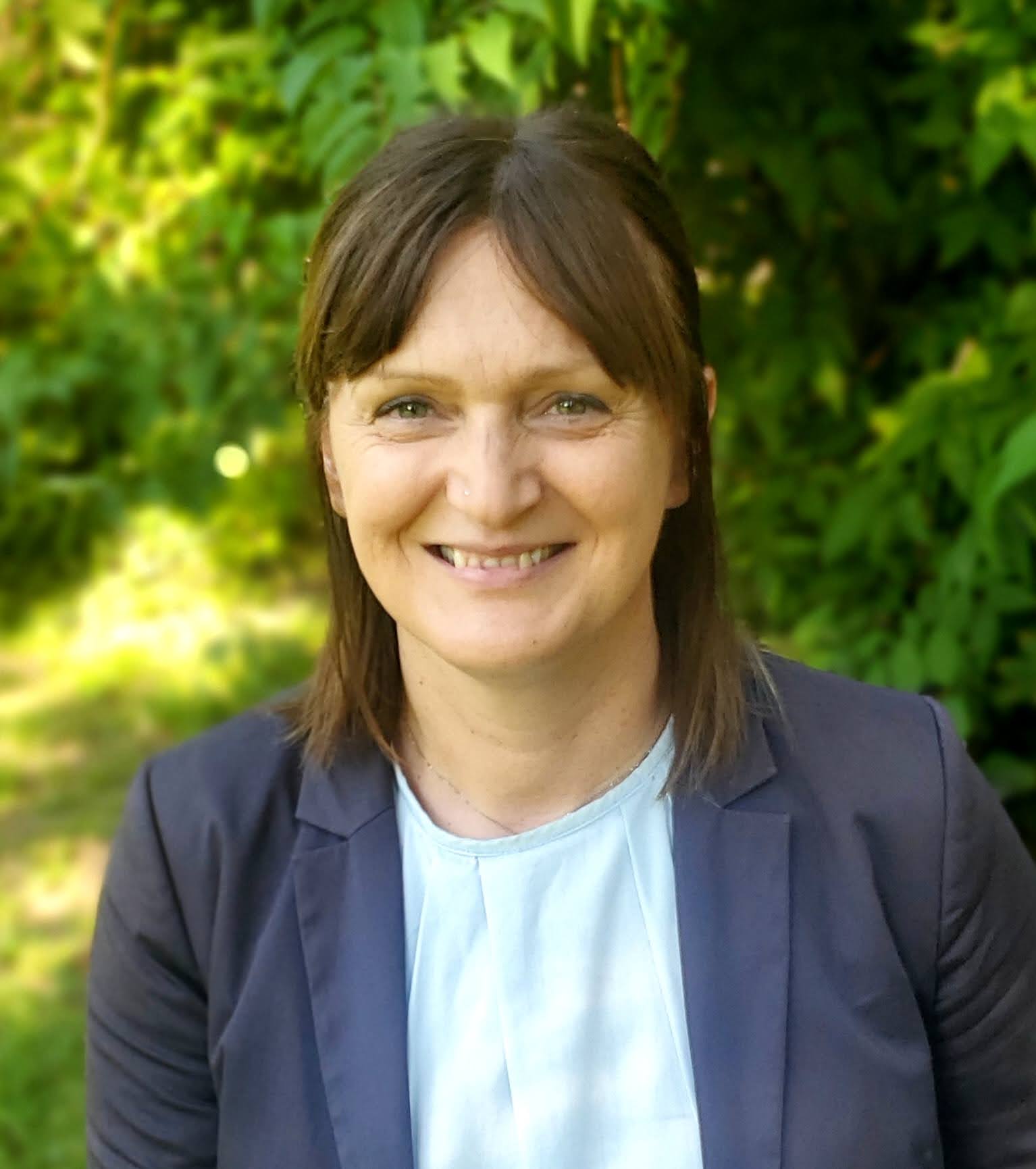
Mag. Dr.rer.nat. Renate Schreiber
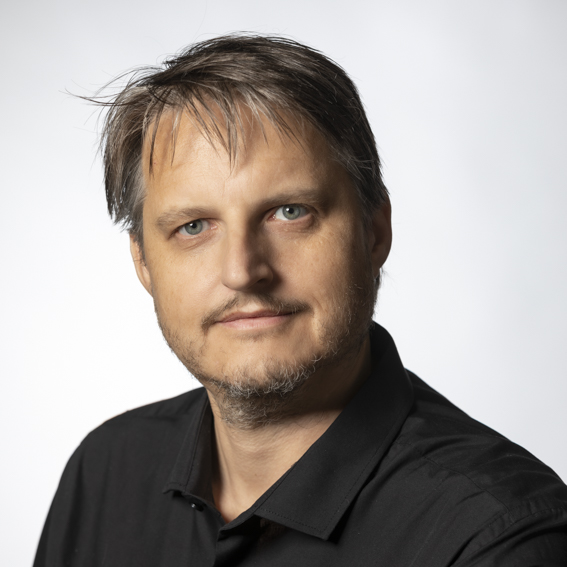
Dr.rer.nat. Georg Steinkellner

Dr.rer.nat. BSc MSc. Jelena Tadic

Mag. Dr.rer.nat. Ulrike Taschler
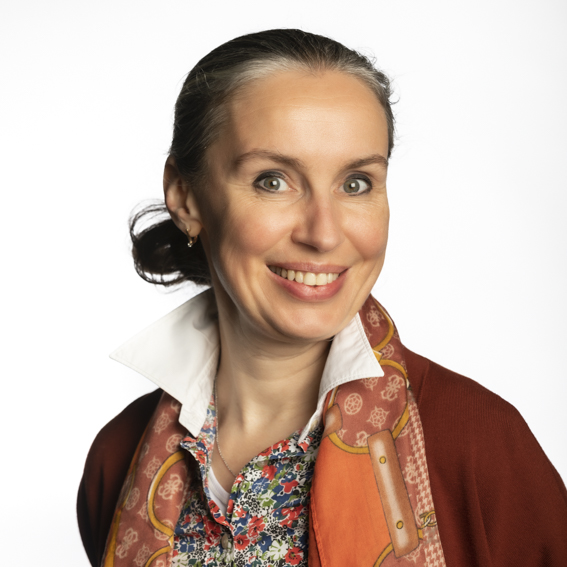
Priv.-Doz. Dr.rer.nat. Oksana Tehlivets
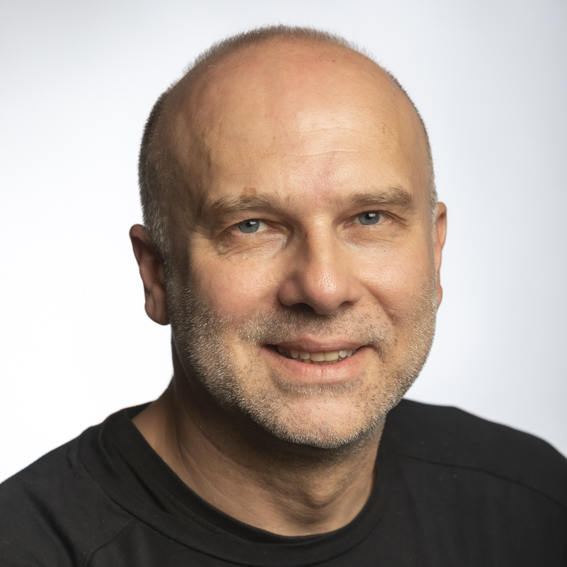
Mag. Dr.rer.nat. Heimo Wolinski

Dr.rer.nat. BSc MSc. Ingrid Zierler
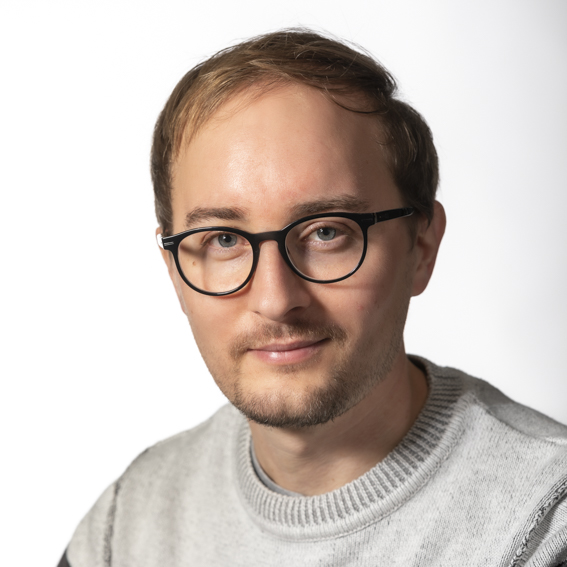
Dr.rer.nat. BSc MSc Andreas Zimmermann
+43 316 380 - 1498
Institut für Molekulare Biowissenschaften
ORCID: 0000-0003-2249-944X
https://molekularbiologie.uni-graz.at/en/key-technologies/drosophila-facility/

Dr.scient.med. Thomas Züllig
Former members

Univ.-Prof. Dr.rer.nat. Kai-Uwe Fröhlich
+43 316 380 - 5686
Institut für Molekulare Biowissenschaften
nach Absprache
http://AAA-proteins.uni-graz.at

Mag. Dr.rer.nat. Christoph Heier

Assoz. Prof. Dipl.-Ing. Dr.techn. Karl Lohner

O.Univ.-Prof. Dr.phil. Bernhard-Michael Mayer
+43 316 380 - 5567
Institut für Pharmazeutische Wissenschaften
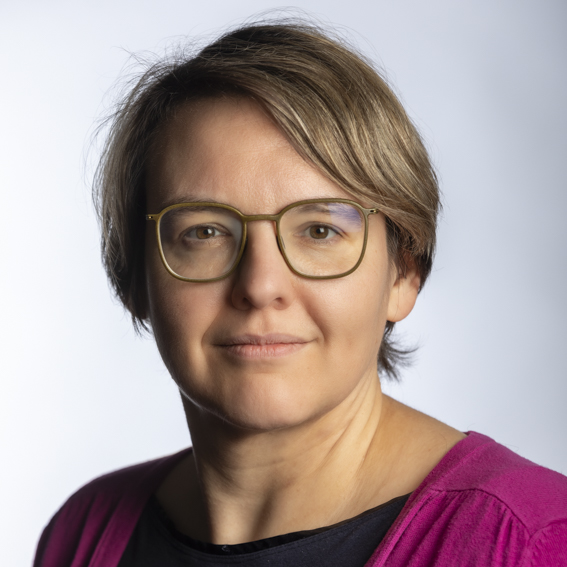
Ass.-Prof. Mag. Dr.rer.nat. Gabriele Schoiswohl
+43/316/385-71952
Medizinische Universität Graz
Neue Stiftingtalstraße 6/IV (LSt. f. Molekularbiologie und Biochemie)
8010 Graz
ORCID: 0000-0002-7346-2834
https://mbbc.medunigraz.at/